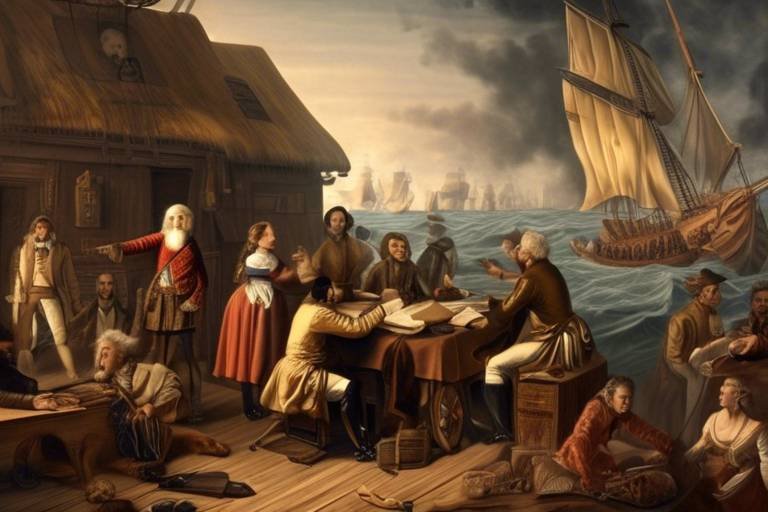The Role of the United Nations in Global Peacekeeping
The United Nations plays a crucial role in global peacekeeping by spearheading efforts to maintain peace and security worldwide through various means. From conducting peacekeeping missions in conflict zones to engaging in diplomatic negotiations and providing humanitarian aid, the UN acts as a beacon of hope in times of turmoil and unrest.

History of UN Peacekeeping
The history of UN peacekeeping dates back to the organization's establishment in 1945, following the end of World War II. The primary purpose of creating the United Nations was to maintain international peace and security, and peacekeeping emerged as a crucial tool in achieving this goal. The concept of peacekeeping evolved over the years, adapting to the changing nature of conflicts and international relations.
One of the earliest UN peacekeeping missions was the deployment of the United Nations Emergency Force (UNEF) in 1956 to address the Suez Crisis. This mission marked a significant milestone in the history of peacekeeping, demonstrating the UN's ability to intervene in conflicts and prevent escalation.
Throughout the Cold War era, UN peacekeeping operations focused primarily on monitoring ceasefires and overseeing peace agreements in various regions of the world. These missions played a vital role in preventing conflicts from escalating into full-scale wars and mitigating tensions between conflicting parties.
Over time, the scope and complexity of UN peacekeeping missions expanded, encompassing a wide range of activities such as conflict prevention, peacebuilding, and protection of civilians. The end of the Cold War brought about new challenges and opportunities for UN peacekeeping, leading to a more proactive and multidimensional approach to addressing conflicts.
Key milestones in the history of UN peacekeeping include the deployment of missions in Cambodia, Bosnia and Herzegovina, Rwanda, and Sierra Leone, among others. These missions highlighted the diverse challenges faced by peacekeepers, including ethnic conflicts, genocide, and humanitarian crises.
Overall, the history of UN peacekeeping reflects the organization's ongoing commitment to promoting peace and security on a global scale. Despite facing numerous challenges and limitations, UN peacekeeping remains a vital instrument for conflict resolution and maintaining stability in conflict-affected regions.
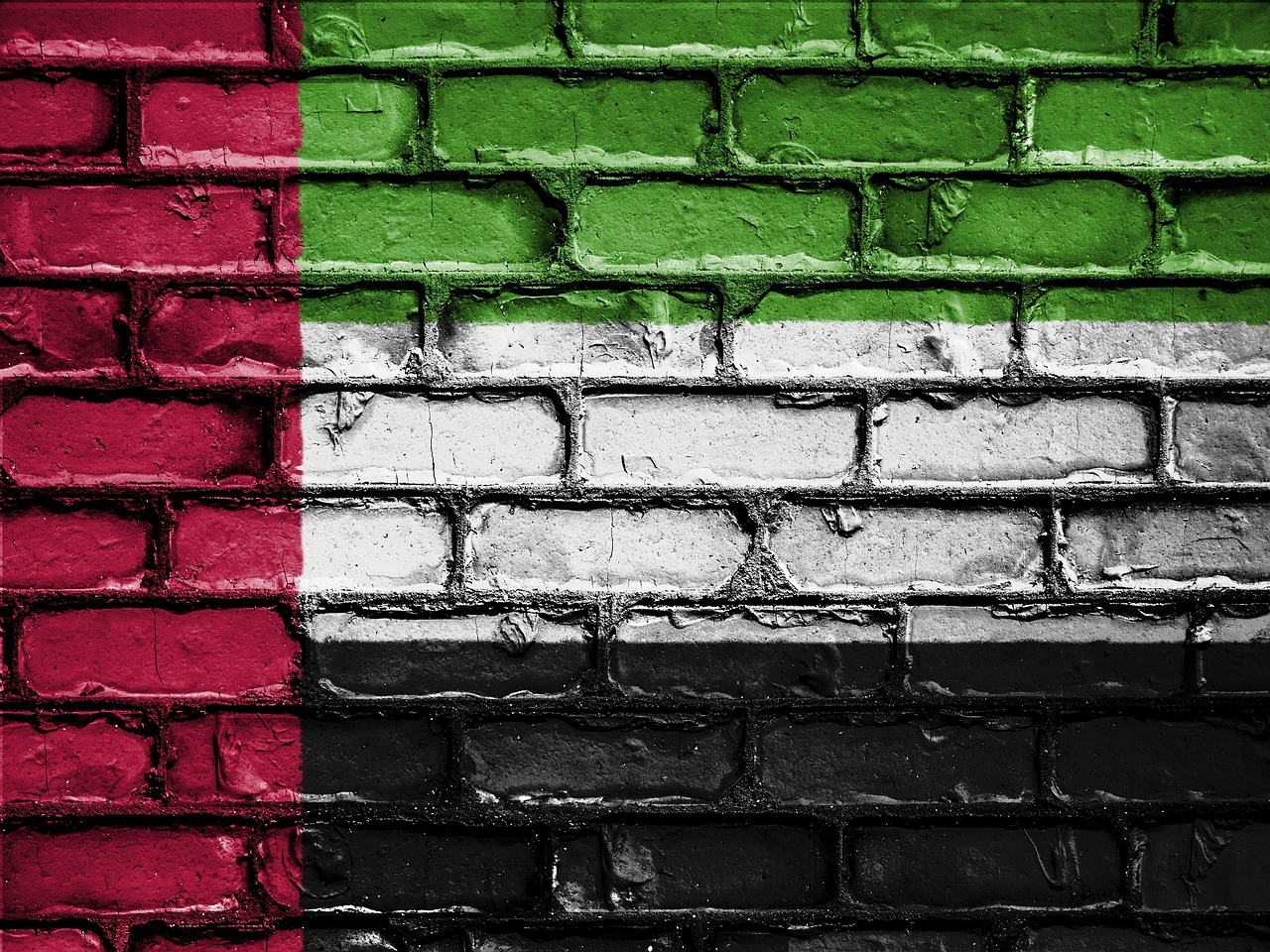
Principles of UN Peacekeeping
Exploring the significance of the United Nations in maintaining peace and security worldwide through peacekeeping missions, diplomatic efforts, conflict resolution, and humanitarian aid.
Understanding the evolution of UN peacekeeping operations since its inception in 1948 and the key milestones in its development.
Examining the core principles that guide UN peacekeeping missions, including consent of the parties, impartiality, and non-use of force except in self-defense.
Distinguishing between the roles of peacekeeping and peacemaking in conflict resolution and understanding when each approach is most effective.
Analyzing the obstacles and difficulties encountered by UN peacekeeping missions, such as lack of resources, political complexities, and security threats.
Assessing the effectiveness and outcomes of UN peacekeeping efforts in promoting stability, protecting civilians, and facilitating post-conflict reconstruction.
Highlighting the contributions of women in UN peacekeeping operations and the importance of gender equality in promoting sustainable peace.
Exploring the evolving role of the United Nations in global peacekeeping, potential reforms, and the challenges and opportunities that lie ahead.

Peacekeeping vs. Peacemaking
When it comes to maintaining global peace and security, it is crucial to understand the distinction between peacekeeping and peacemaking. Peacekeeping involves the deployment of troops and personnel to monitor and observe ceasefires and peace agreements, with the primary goal of maintaining stability and preventing a return to conflict. On the other hand, peacemaking focuses on actively resolving conflicts through mediation, negotiation, and diplomatic efforts to address the root causes of the conflict and facilitate long-term peace.
Imagine peacekeeping as a security guard patrolling a building to ensure that no unauthorized individuals enter, while peacemaking is akin to a skilled mediator sitting down with conflicting parties to help them find common ground and reach a lasting resolution. Both approaches play vital roles in conflict resolution, but they operate in different capacities and contexts.
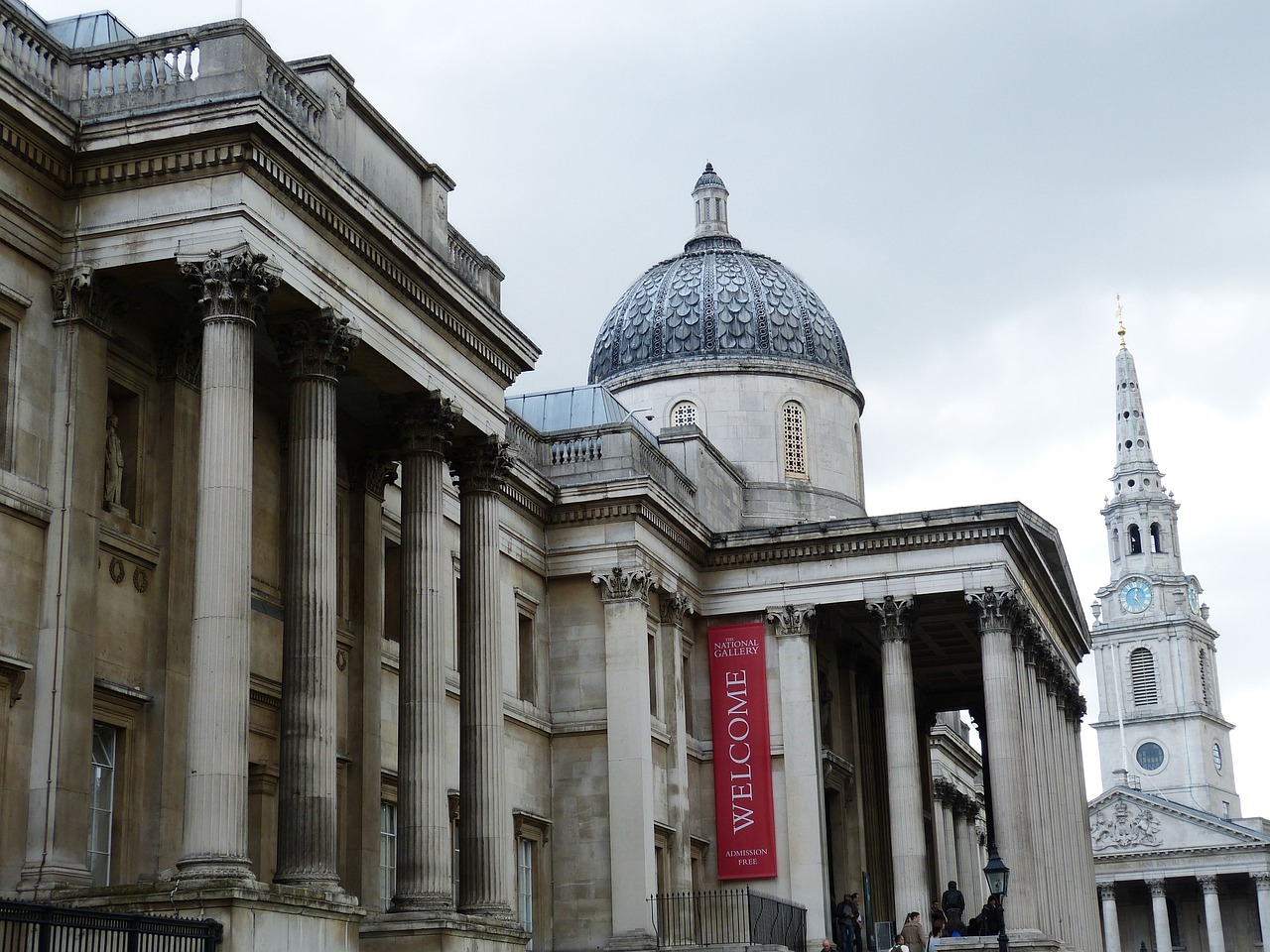
Challenges Faced by UN Peacekeeping
UN peacekeeping missions face a myriad of challenges that test the organization's ability to maintain peace and security in conflict-affected regions. One of the primary challenges is the lack of adequate resources, including funding, personnel, and equipment. With limited resources, UN peacekeepers often struggle to effectively carry out their mandates and respond to complex crises.
Political complexities also pose significant challenges to UN peacekeeping efforts. Conflicting interests among member states, regional dynamics, and power struggles can hinder the ability of the UN to effectively mediate conflicts and broker peace agreements. Navigating these political challenges requires diplomatic finesse and strategic maneuvering.
Security threats present another major obstacle to UN peacekeeping operations. Peacekeepers operate in volatile environments where they are exposed to risks such as armed attacks, ambushes, and improvised explosive devices. Ensuring the safety and security of peacekeepers while carrying out their duties is a constant concern for the UN.
Additionally, the issue of consent from all parties involved in a conflict can be a significant challenge for UN peacekeeping missions. Securing the cooperation and buy-in of conflicting parties is essential for the success of peacekeeping efforts, but achieving consensus in complex and protracted conflicts is often a daunting task.
Moreover, the evolving nature of conflicts and the emergence of non-state actors further complicate the work of UN peacekeepers. Adapting to new security threats, addressing humanitarian needs, and navigating the changing dynamics of modern warfare require continuous innovation and strategic planning.
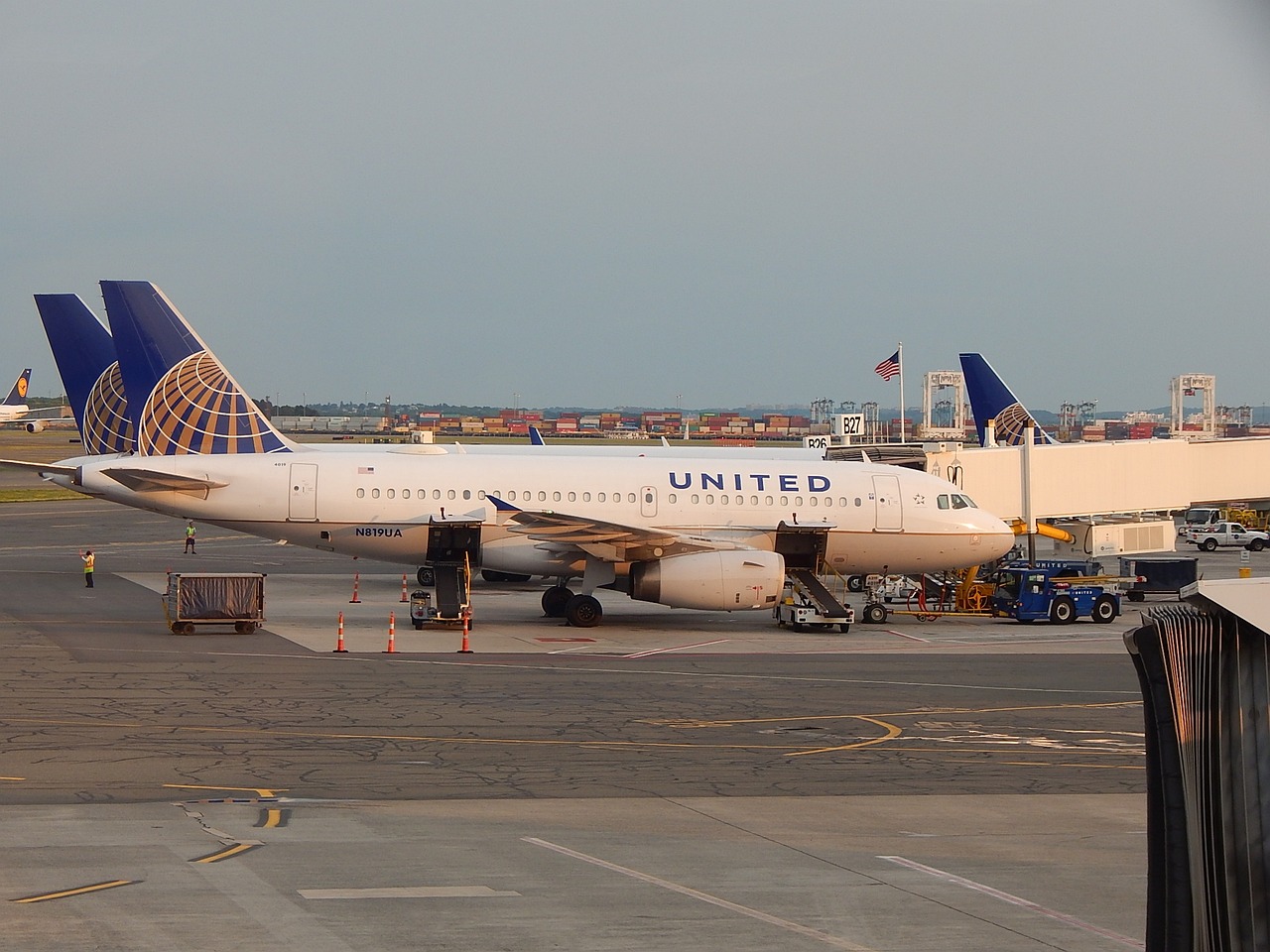
Impact of UN Peacekeeping
Exploring the significance of the United Nations in maintaining peace and security worldwide through peacekeeping missions, diplomatic efforts, conflict resolution, and humanitarian aid.
Understanding the evolution of UN peacekeeping operations since its inception in 1948 and the key milestones in its development.
Examining the core principles that guide UN peacekeeping missions, including consent of the parties, impartiality, and non-use of force except in self-defense.
Distinguishing between the roles of peacekeeping and peacemaking in conflict resolution and understanding when each approach is most effective.
Analyzing the obstacles and difficulties encountered by UN peacekeeping missions, such as lack of resources, political complexities, and security threats.
Assessing the effectiveness and outcomes of UN peacekeeping efforts in promoting stability, protecting civilians, and facilitating post-conflict reconstruction.
Highlighting the contributions of women in UN peacekeeping operations and the importance of gender equality in promoting sustainable peace.
Exploring the evolving role of the United Nations in global peacekeeping, potential reforms, and the challenges and opportunities that lie ahead.
United Nations peacekeeping missions play a crucial role in shaping the global landscape by fostering stability, protecting vulnerable populations, and aiding in the reconstruction of war-torn regions. These missions serve as a beacon of hope in conflict-ridden areas, offering a glimmer of peace amidst chaos. By deploying peacekeepers to volatile regions, the UN aims to prevent further escalation of violence, facilitate dialogue between conflicting parties, and create the necessary conditions for lasting peace to take root.
Moreover, UN peacekeeping efforts have a tangible impact on the ground, providing essential humanitarian assistance to those in need, including food, shelter, and medical aid. By actively engaging with local communities and working closely with governments, peacekeepers strive to build trust, foster reconciliation, and promote sustainable development. The presence of UN peacekeepers not only deters potential aggressors but also instills a sense of security among civilians, enabling them to rebuild their lives and communities in the aftermath of conflict.
Furthermore, the success of UN peacekeeping missions is measured not only by the immediate cessation of hostilities but also by the long-term stability and resilience they help establish. By upholding the principles of neutrality, impartiality, and respect for human rights, UN peacekeepers embody the values of peace and cooperation, setting an example for future generations. The impact of UN peacekeeping reverberates far beyond the boundaries of individual conflicts, shaping the collective consciousness of humanity towards a more peaceful and harmonious world.
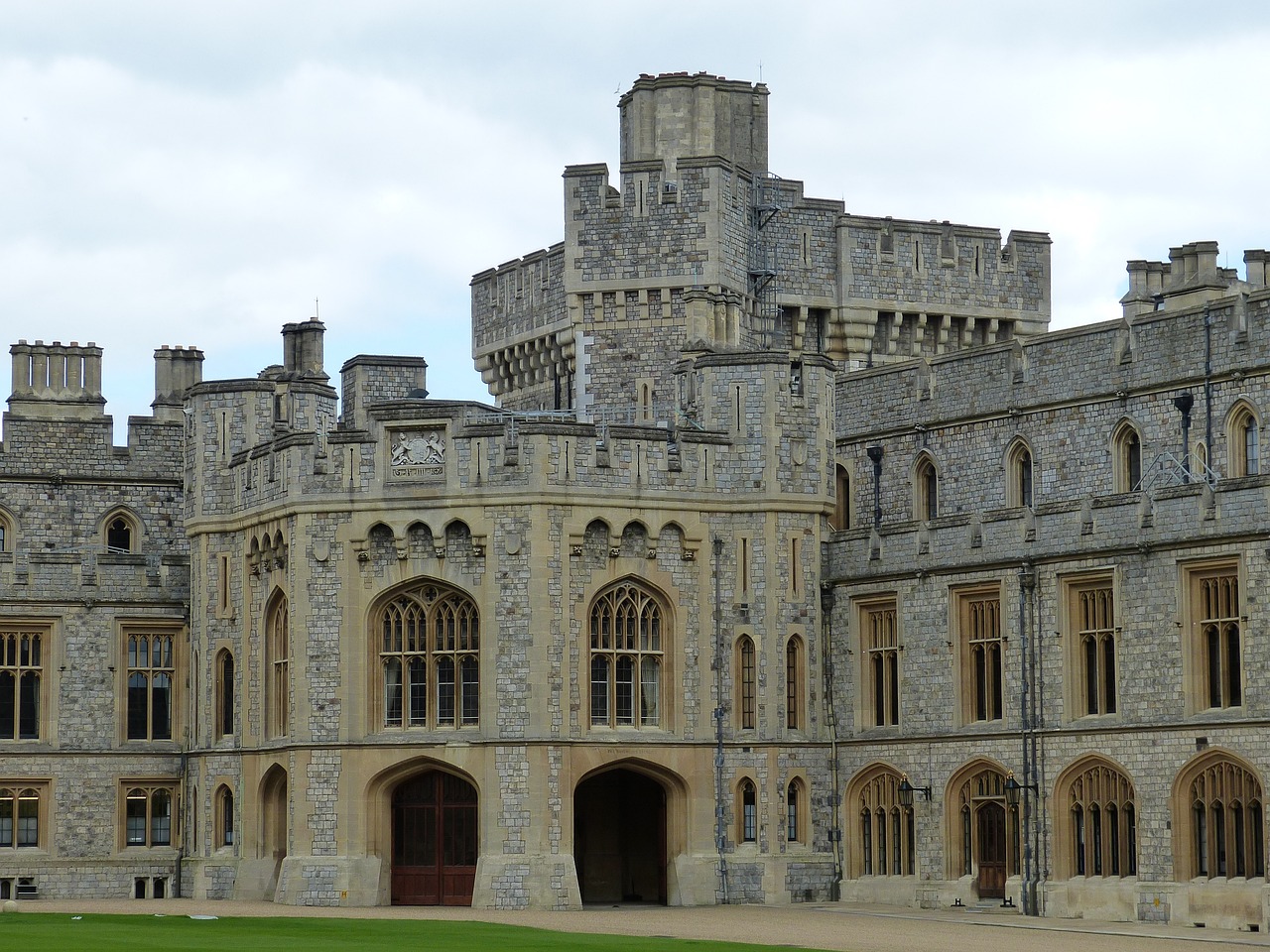
Women in Peacekeeping
Women play a crucial role in United Nations peacekeeping operations, contributing to the effectiveness and success of missions worldwide. Their participation brings a unique perspective to conflict resolution and peacebuilding efforts, emphasizing the importance of gender equality in promoting sustainable peace. Women serve as peacekeepers, mediators, and humanitarian workers, bringing empathy, communication skills, and a different approach to addressing the needs of local communities.
In recent years, there has been a growing recognition of the value of increasing the number of women in peacekeeping roles. Studies have shown that women peacekeepers can improve the overall performance of missions, enhance the protection of civilians, and increase the credibility and accessibility of peacekeeping forces. By including more women in peacekeeping operations, the UN aims to create a more inclusive and representative environment that reflects the diverse needs of conflict-affected populations.
Despite progress, women still face challenges in accessing leadership positions and equal opportunities in peacekeeping. Gender stereotypes, cultural barriers, and lack of support systems continue to hinder the full participation of women in peacekeeping missions. Efforts are being made to address these obstacles through gender mainstreaming policies, training programs, and advocacy for greater female representation at all levels of decision-making within the UN peacekeeping structure.
The presence of women in peacekeeping not only promotes gender equality but also contributes to the overall effectiveness and success of missions. Their diverse perspectives, skills, and experiences enrich the peacekeeping process, leading to more comprehensive and sustainable solutions to conflict situations. As the UN continues to strive for peace and security worldwide, the active involvement of women in peacekeeping remains essential for achieving lasting peace and stability.

Future of UN Peacekeeping
The future of UN peacekeeping holds both challenges and opportunities as the organization continues to adapt to an ever-changing global landscape. With conflicts becoming increasingly complex and interconnected, the United Nations faces the task of modernizing its approach to peacekeeping to address emerging threats effectively. One key aspect of the future of UN peacekeeping is the need for greater innovation and technological integration to enhance mission effectiveness and efficiency. By leveraging advancements in areas such as artificial intelligence, drones, and data analytics, the UN can improve its situational awareness, decision-making processes, and overall operational capabilities.
Furthermore, the future of UN peacekeeping also involves a renewed focus on prevention and sustaining peace, rather than solely reacting to conflicts after they have erupted. This shift towards a more proactive and preventive approach requires greater collaboration with regional organizations, civil society, and other stakeholders to address root causes of conflict and build sustainable peace. By investing in conflict prevention strategies, the UN can help reduce the likelihood of future conflicts and minimize the need for large-scale peacekeeping operations.
Another critical aspect of the future of UN peacekeeping is the ongoing debate around the reform of peacekeeping operations to make them more agile, responsive, and accountable. Efforts to streamline decision-making processes, improve resource allocation, and enhance the safety and security of peacekeepers are essential for the effectiveness of future missions. Additionally, ensuring the full participation of women in peacekeeping operations and promoting gender equality within the UN system are crucial components of the organization's future peacekeeping efforts.
In conclusion, the future of UN peacekeeping requires a forward-thinking and adaptive approach to address the complex challenges of the 21st century. By embracing innovation, prevention, and reform, the United Nations can continue to play a vital role in maintaining global peace and security for generations to come.
Frequently Asked Questions
- What is the main purpose of UN peacekeeping missions?
The primary goal of UN peacekeeping missions is to help countries torn by conflict create the conditions for lasting peace. This involves a range of activities, including monitoring ceasefires, separating warring parties, and providing support for the implementation of peace agreements.
- How are decisions made regarding UN peacekeeping operations?
Decisions on UN peacekeeping operations are made by the Security Council, where member states evaluate the situation in a particular country and determine the appropriate course of action. The Security Council considers factors such as the level of conflict, potential for violence, and the willingness of parties to engage in peaceful dialogue.
- What are some of the key principles that guide UN peacekeeping missions?
UN peacekeeping missions operate based on principles such as consent of the parties involved, impartiality, and non-use of force except in self-defense and defense of the mandate. These principles are essential for ensuring the credibility and effectiveness of peacekeeping efforts.
- How does gender equality play a role in UN peacekeeping operations?
Gender equality is crucial in UN peacekeeping operations as it promotes a more inclusive and comprehensive approach to conflict resolution. Women's participation in peacekeeping efforts brings unique perspectives, enhances operational effectiveness, and contributes to building sustainable peace.
- What are some of the challenges faced by UN peacekeeping missions?
UN peacekeeping missions encounter various challenges, including inadequate resources, political complexities, and security threats. These challenges can hinder the ability of peacekeepers to effectively carry out their mandates and navigate complex conflict situations.













